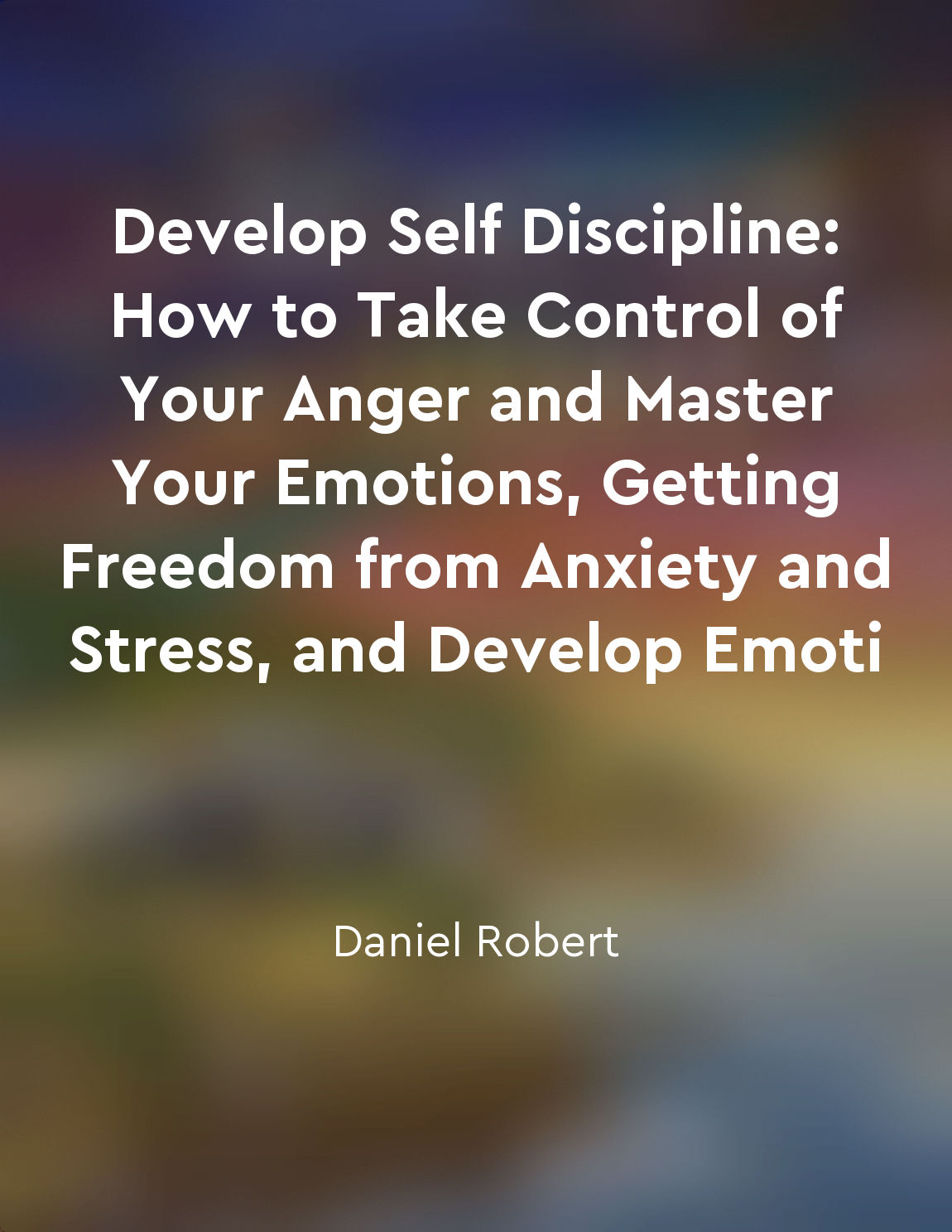Audio available in app
Reflecting on past experiences boosts learning from "summary" of Your Brain at Work by David Rock
When we take the time to reflect on our past experiences, we are essentially engaging in a process that boosts our ability to learn. This act of reflection allows us to process what we have gone through, and in doing so, we are able to glean valuable insights that can help us in the future. By looking back on our past actions and the outcomes they produced, we can better understand what worked well and what didn't. This reflection helps us to identify patterns and trends, which in turn can inform our future decisions and actions. Moreover, reflecting on past experiences also allows us to make connections between different events and experiences. This process of connecting the dots helps us to create a more cohesive narrative of our lives, which can lead to a deeper understanding of ourselves and our motivations. By seeing how one event led to another, we can gain a clearer perspective on the cause and effect relationships that govern our lives. In addition, reflecting on past experiences can also help us to solidify our learning. When we take the time to think about what we have learned in the past, we are reinforcing those neural pathways in our brain. This reinforcement makes it easier for us to recall that information in the future, and also helps us to apply that knowledge in new and different contexts. In this way, reflection acts as a form of mental rehearsal, preparing us to tackle similar situations with greater ease and confidence.- The act of reflecting on past experiences is a powerful tool for learning and personal growth. By taking the time to look back on where we've been, we can gain valuable insights that can help us navigate the challenges that lie ahead. So, the next time you find yourself facing a difficult decision or a new challenge, take a moment to reflect on your past experiences – you may just find the key to unlocking your full potential.
Similar Posts
Take ownership of your decisions
The first step toward taking ownership of your decisions is to understand that you are the one responsible for them. You cannot...
Cultivate a strong work ethic and discipline
Cultivating a strong work ethic and discipline is essential for achieving success in any endeavor. It is about consistently put...
Embracing the unknown breeds courage
To embark on a journey into the unknown is to confront the deepest parts of oneself. It is to face the uncertainties, the fears...

Remember that selfdiscipline is a journey, not a destination, and be patient with yourself along the way
Self-discipline is not something that can be achieved overnight. It is a process that takes time and effort. It is important to...

Create opportunities for yourself
Creating opportunities for yourself is all about taking control of your own destiny. It's about not waiting for opportunities t...
Practice selfcare daily
Taking care of yourself should be a priority every single day. It is essential to incorporate self-care practices into your dai...
Practice patience with yourself and others
When you're feeling frustrated with yourself or others, it's important to remember to practice patience. Patience is a virtue t...

Learn how to communicate feelings effectively
Learning how to communicate your feelings effectively is an important skill to have. It means being able to express your emotio...
Address perfectionism
Perfectionism is a sneaky little bastard. It whispers in your ear that you're not good enough, that you have to try harder, do ...
Grief is a complex and personal experience
Grief is like a fingerprint - unique to each person and impossible to replicate. It's not a one-size-fits-all type of emotion. ...


